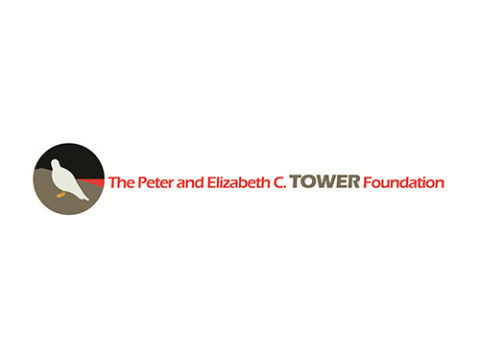Overview
Kindergarten teachers say the skills children need most to succeed in their classrooms are social-emotional skills. In fact, kindergarten teachers say kids’ ability to make friends, manage strong emotions and communicate effectively are even more important on day one than counting to 20 or knowing the ABCs.
Children with higher social-emotional skills do better in school and are less likely to drop out. They’re also less likely to commit crimes as teenagers and they earn more as adults. However, too many children, especially children living in poverty, do not have the opportunity to develop these skills.
These skills can be taught, if pre-K and daycare teachers have the curriculum, coaching and resources they need. Through our partnership with The Peter and Elizabeth C. Tower Foundation, the PEDALS (Positive Emotional Development and Learning Skills) program gives these early childhood teachers everything they need to teach social-emotional skills and prepare kids for kindergarten.
With PEDALS, teachers use music, activities and stories to build their students’ social-emotional skills. Throughout the day, teachers reinforce the message with five-minute lessons.The lessons cover a range of topics such as identifying and naming feelings, asking for what you need, caring and helping, fair ways to play and how to make friends in kindergarten.
When schools teach social and emotional skills, not only do test scores go up, but classrooms run better. Teachers can focus on teaching and children can focus on learning.
Results
In its first year, PEDALS reached 48 classrooms and 700 children across Erie and Niagara Counties. After just one year, there was a remarkable 57 percent decrease in the number of children in the PEDALS program who had social-emotional needs, and a 31 percent drop in the number of children with self-control problems.
In the classroom, 90% of PEDALS teachers reported that they found the curriculum very or fairly helpful in improving the behavior of students.
The program has reached more than 4,500 children in more than 150 classrooms and daycare settings in diverse communities in both western and central New York.







